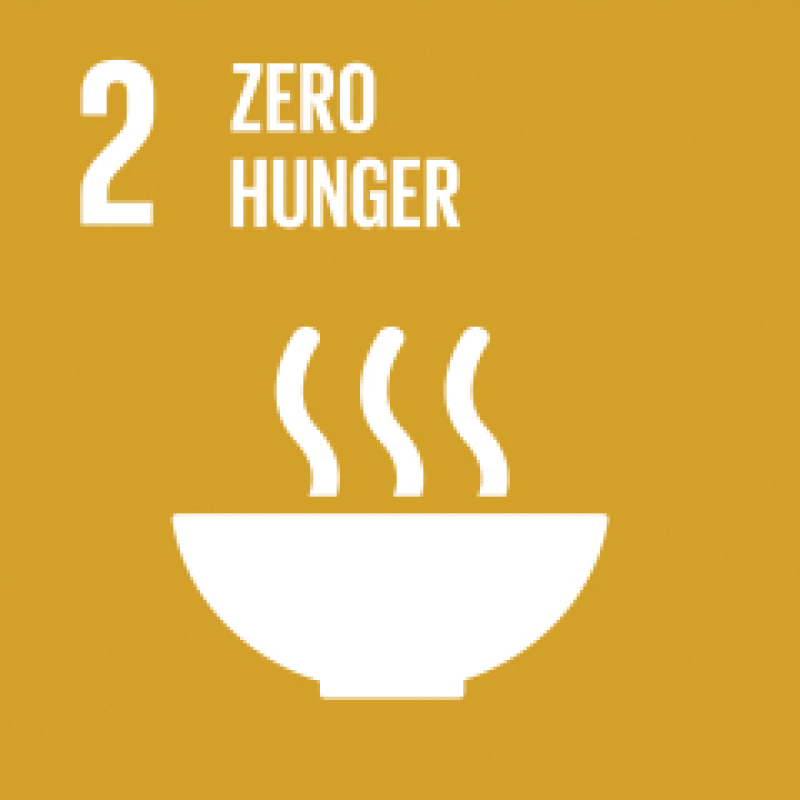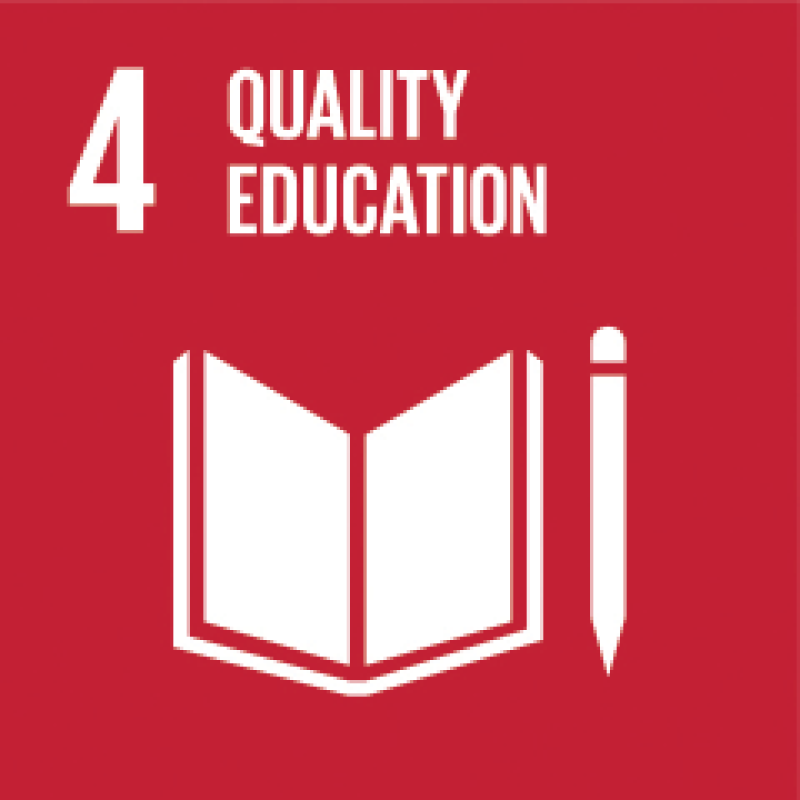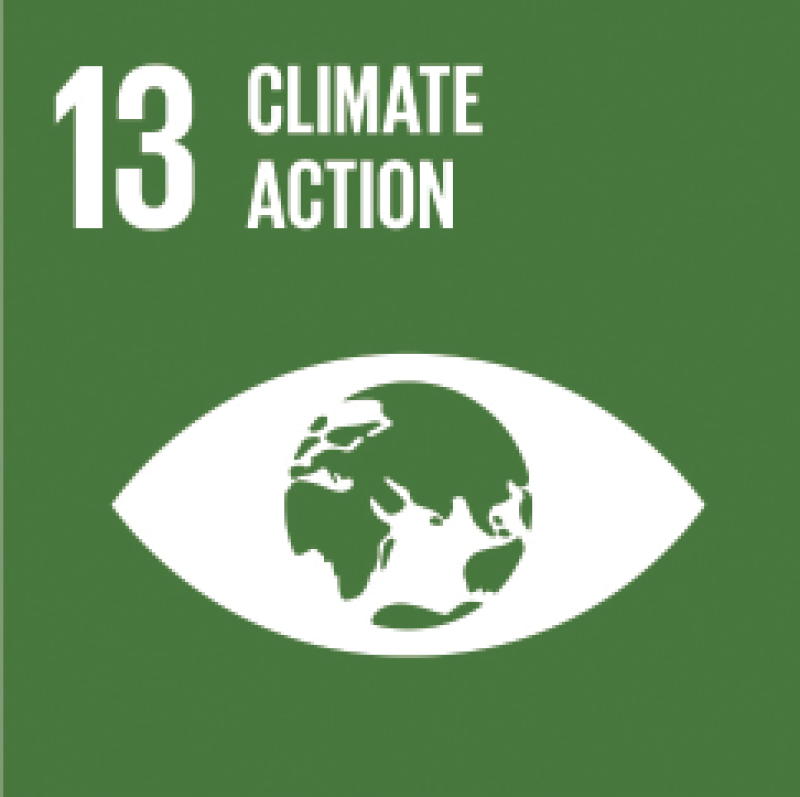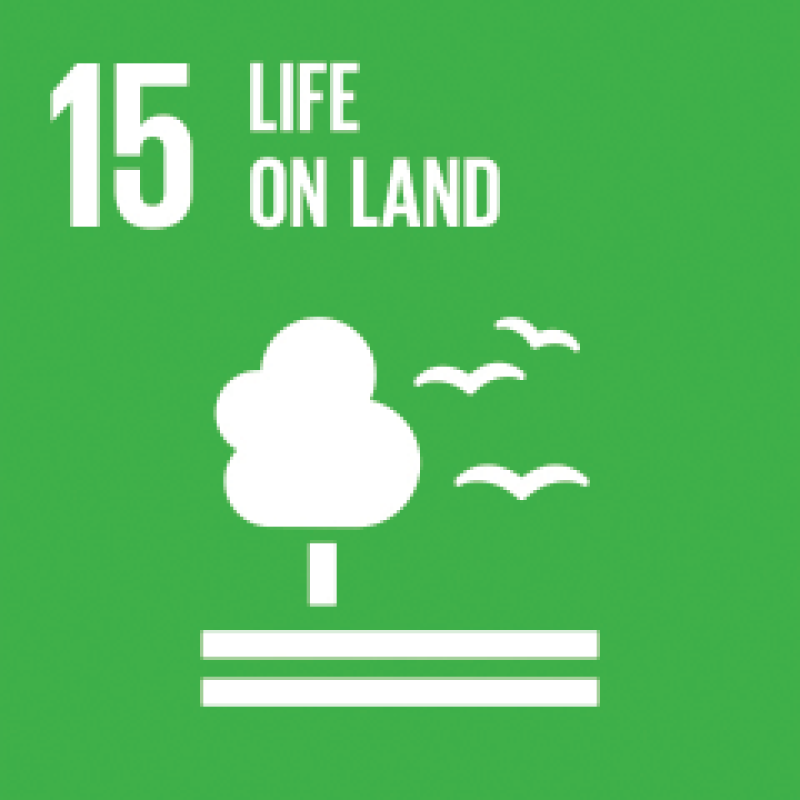

















In 2015, it was clear to me that the concept of social impact bonds made sense, but less than $200 million had been done in SIBs at that point,” says Mark Haefele. “Given the vastness of the world’s problems, I knew we had to find a way to scale the basic idea and add some zeros to that number.”
If there is an individual who understands the importance of large numbers it is Haefele. As the global chief investment officer of UBS Global Wealth Management he is charged with overseeing the investment of $2.4 trillion – a lot more zeroes.
This is what Haefele is committed to doing at UBS – finding out not only if that $2.4 trillion can be directed into sound and profitable investments but how it can be directed to further the aims of the SDGs.
“There are many wonderful philanthropic ventures, but if you can move people’s savings for their kids’ college, or retirement funds, that pool of money is so much larger. With the right plumbing, we can get that moving,” he says. “That is my role here – to show clients it is possible to invest in a way that pays attention to the SDGs and that it will not harm performance.”
Haefele understands well how to invest client money and what it means to be a client. He was a successful hedge fund manager, retiring to run his own money for several years before joining UBS Wealth Management as head of investment and then moving into his current role.
The first step Haefele took towards seeing if a social challenge could be solved by a scalable investment opportunity was a personal one. Haefele was familiar with emerging cancer research having lost his mother to pancreatic cancer when she was in her 50s.
“It was an area I had dealt with philanthropically and I had stayed in touch with the oncology doctors. One suggested it was time for a new way of using finance to help prevent and cure cancer.”
That led him to spearhead at UBS the first ever oncology impact fund to invest in public and private companies developing oncology therapies. It raised $471 million – well above expectations – and broke the mold in innovation, targeting internal rates of return of 15% to 20% and making donations to oncology-related causes from the performance fee and from royalties.
Just two years in, the fund has made a $2.5 million pay-out split between cancer research and UBS’s Optimus Foundation that matches client’s philanthropic donations.
Once people see that it’s trustworthy – not greenwashing – then sustainable investing will become part of the mainstream and trillions of dollars can be moved towards it - Mark Haefele
For Haefele, the success of the fund and response from clients and employees that worked on the fund was an encouragement to get money moving on a grander scale. At the beginning of 2017, UBS announced at the World Economic Forum it intended to raise $5 billion in impact investments towards the 17 UN SDGs.
One year later, it announced the formation of a 100% sustainable investing portfolio to facilitate that goal. Under Haefele, SFr2.5 billion ($2.58 billion) has already moved into the portfolio and it is one of the firm’s best performing strategies.
“We’re at a tipping point,” says Haefele. “Post crisis, people are looking for more meaning, at a time when we’re facing worsening global challenges. Millennials and women are gaining more voice around investments, and technology has put us in a place where we now have possibilities to solve our challenges, be those solutions electric cars or collecting better data on companies’ behaviour.”
Haefele says that partnerships will be crucial to take advantage of this moment when sustainable investing could become mainstream.
Working with Hermes Investment Management, UBS has created a shareholder engagement strategy that fits within its 100% sustainable allocation in public equities. The bank has also teamed up with the World Bank to create a pooled vehicle of World Bank debt that brings high-grade but SDG-targeted debt to the UBS portfolio.
Both have opened up entirely new ways for private clients to access sustainable investments, while more pooled vehicles are being created using development bank bond indices that UBS created alongside index provider Solactive.
“We’re showing what is possible – that this doesn’t have to be only a small part of your portfolio and that it can be diversified and does not harm performance,” says Haefele. “Once people see that and see that it’s trustworthy – not greenwashing – then sustainable investing will become part of the mainstream and trillions of dollars can be moved towards it. That’s really my dream – that people can come to UBS and flip a switch on their investments and know that, without any doubt, every one of their dollars is going to help the goals of the UN SDGs.”
Haefele says it is the responsibility of the whole investment industry to start scaling up sustainable investing.
“It won’t be without its challenges,” he says. “We have to stick to quantitative analysis, stay true to our definitions of sustainability and then share the information with clients to let them make their decisions. Our role is to find good investments that answer the goals of the UN SDGs and get the plumbing done to allow as many clients to access those investments as possible.”
UN Sustainable Development Goals: The keys to responsible banking?
These are the areas that the United Nations says banks need to consider when accepting their responsibilities in shaping and financing a sustainable future.


















See more impact banking champions

